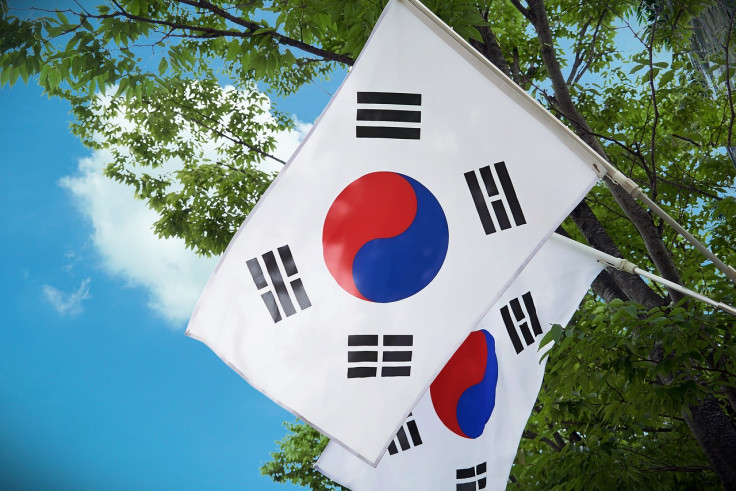China Intensifies Ban On K-Drama, Korean Movies; Only Few Shows Allowed To Stream

KEY POINTS
- China has reportedly continued to ban streaming Korean entertainment content in the country
- Only "What's Wrong With Secretary Kim," "Hospital Playlist" and "Hometown Cha Cha Cha" are allowed to air
- National Assembly member of the Republic of Korea Ahn Cheol-soo said the ban caused "serious" damage
China has reportedly continued to impose its strict ban on streaming any Korean-related content in the country since the first half of 2023.
Korea's Ministry of Culture, Sports and Tourism recently revealed that China permitted the review of releasing Korean dramas from January to February of this year; hence, only allowing shows that aired years before the said ban were allowed to stream in the country, including 2018's "What's Wrong With Secretary Kim," 2020's "Hospital Playlist" and 2021's "Hometown Cha Cha Cha" to stream in the country. The most recent releases, however, have not been approved for airing.
"Review of approval of Korean dramas has been completely suspended from the first half of 2023. Major Korean broadcasters have signed copyright contracts through the operation of the Korean joint pavilion at the Shanghai TV Festival in June 2023. But this is also not progressing properly," a representative from the ministry said, per a report from Korea's Insight.
Aside from shows, movies have also reportedly been blocked from entering the country since the release of "Oh! My Gran" in 2021. The ministry confirmed that no other movies are streaming apart from the film starring Choi Won-young, Kim Go-eun and Na Moon-hee. Games have also been banned from entering the country, though 35 Korean games were allowed in 2016.
"The Chinese side has neither acknowledged nor denied the restrictions on issuing Korean game licenses. Accordingly, if our government investigates the damage caused by the [restrictions], it may unnecessarily provoke China," the representative shared, adding that no investigation would be conducted regarding the issue, most notably the damage caused to Korean gaming companies in China and others concerned.
In 2016, Chinese media outlets reported that authorities had ordered to ban all Korean dramas, variety shows and movies from airing in the country, except for those that passed the deliberation or Chinese shows influenced by the format of Korean variety shows. This was dubbed the "anti-hallyu" act.
This came after the South Korean Defense Ministry and the U.S. forces decided to deploy a missile defense system against North Korea's nuclear weapons, called Terminal High Altitude Area Defense (THAAD), according to Allkpop. China has been strongly against the move as it disliked the fact that a high-tech system was deployed near its borders.
A year later, China also blocked online sharing platforms that stream Korean dramas and music. Weibo — a famous online entertainment site in the country — also stopped uploading Korean-related content at the time.
Speaking on the ban, Ahn Cheol-soo — a member of the National Assembly of the Republic of Korea — said, "The damage from the Chinese government's 'blockage' of Korean culture after the deployment of THAAD in 2017 is still serious." He confirmed that China's "unofficial sanctions" against cultural content, such as Korean dramas, movies and games, are still ongoing.
"Diplomatic efforts are needed to support and protect the relevant industries," the 61-year-old South Korean politician concluded.

© Copyright IBTimes 2024. All rights reserved.






















